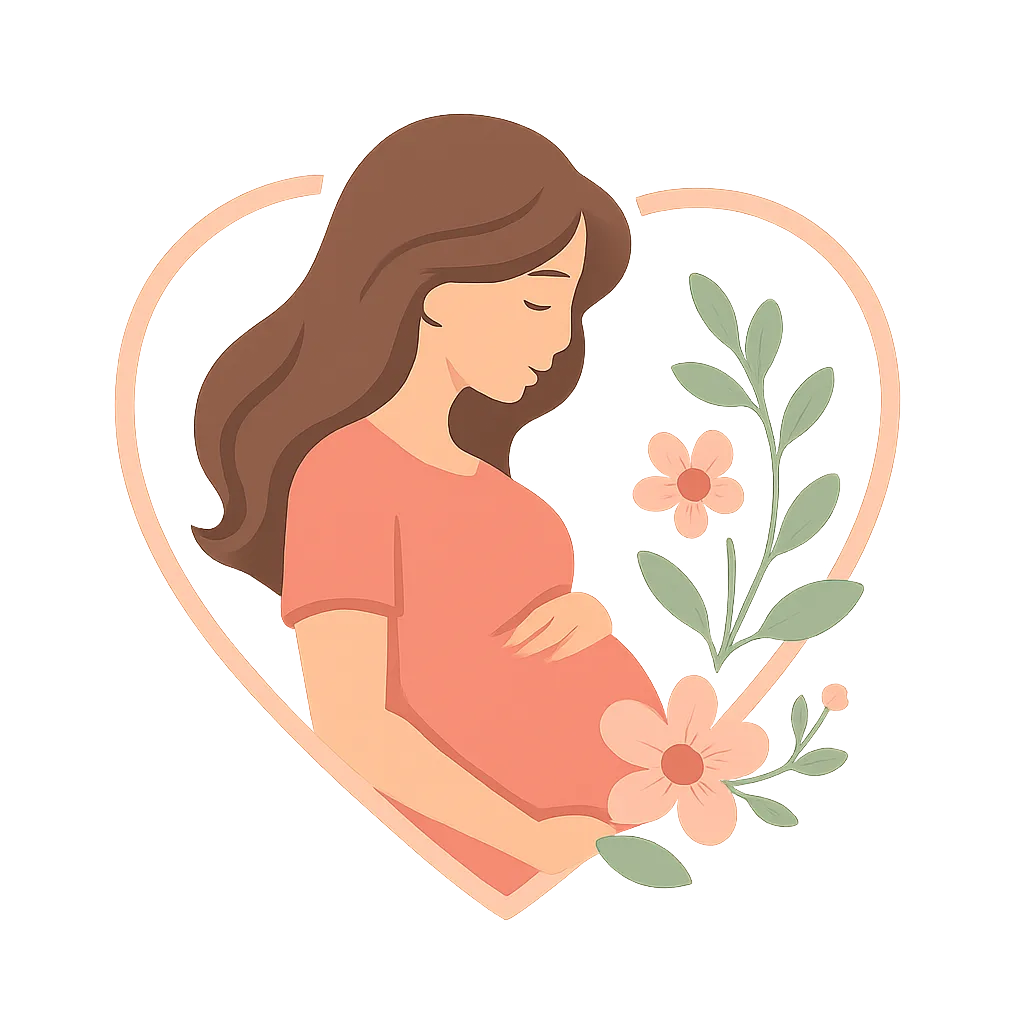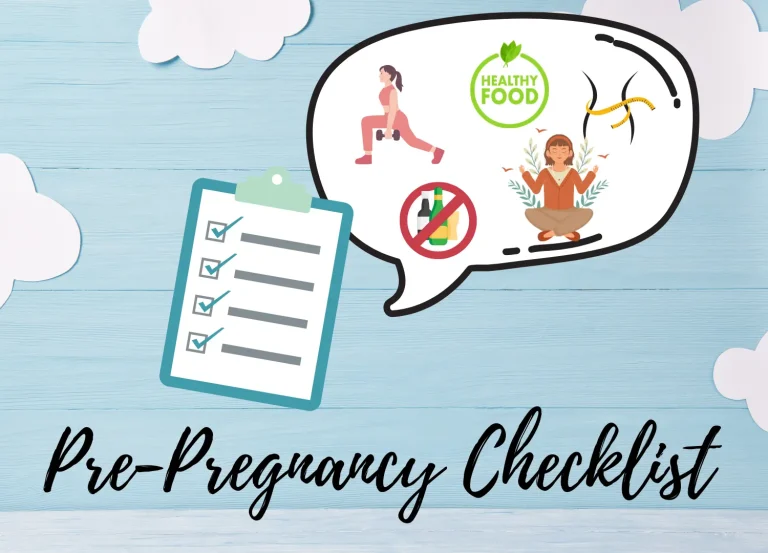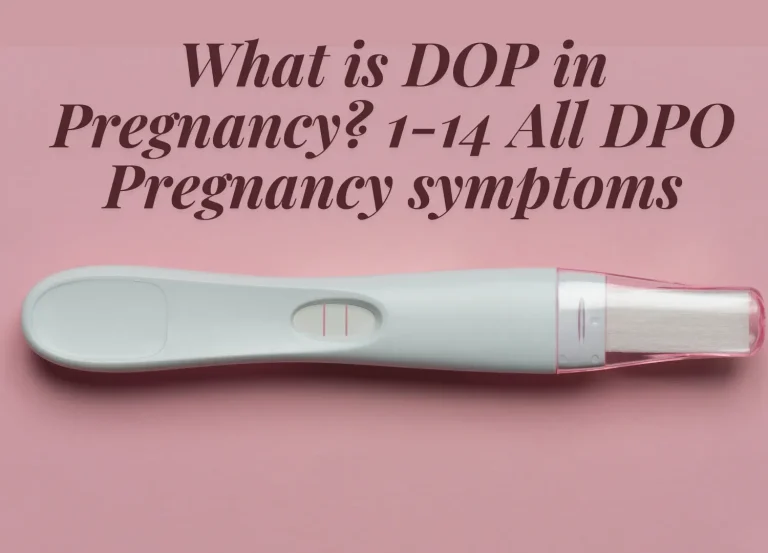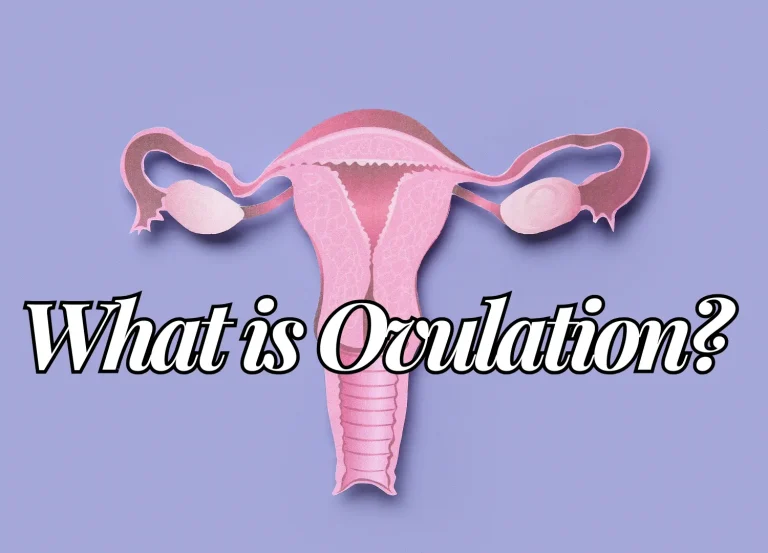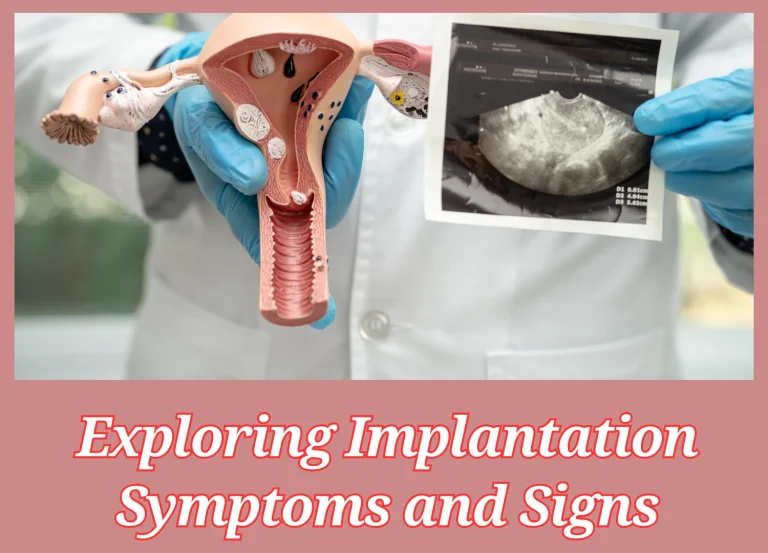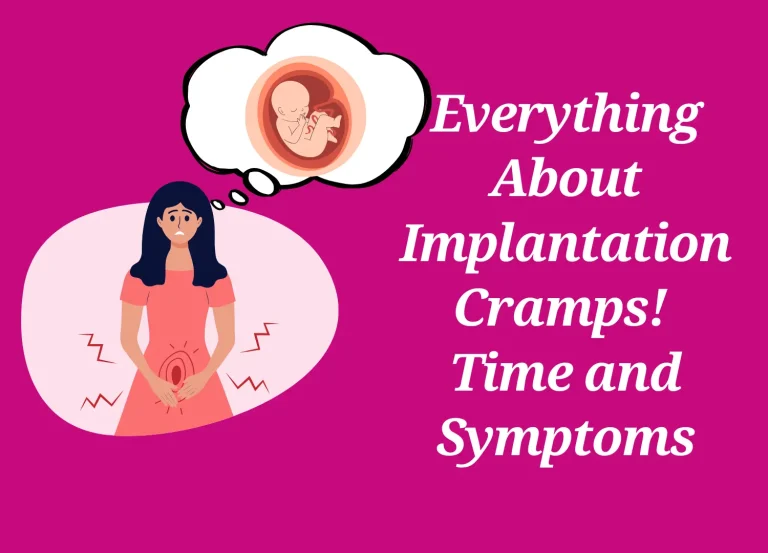What is conception in pregnancy? How it Happens and Signs?
Do you know how a new life begins? Yes, you guessed it right. It all starts with conception! But are you wondering what conception in pregnancy means?
So, My friend, it is an amazing meet-up of male sperm with the female egg, which results in fertilization and the beginning of a new life. Now, you can say conception is the first step towards getting pregnant. However, it is a complete mystery, as it includes both body science and luck. No one exactly knows when conception has occurred. But still, to help you in your pregnancy journey or to conceive early, some tips about conception, when it happens, and its early signs are discussed for you in this guide.
Let’s dive deep into the journey of beginning a new life and how to increase the chances of pregnancy. So keep reading!
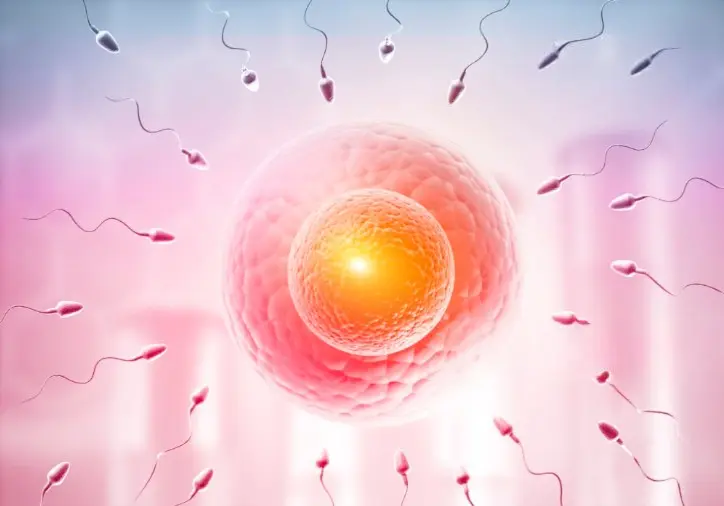
What is Conception in Pregnancy? Meaning!
I hope with this clear definition, all your confusion about conception in pregnancy will go away. So, my friend, Conception is the process when a sperm meets an egg in the fallopian tube and fertilizes it. Right?
But is this all about conception? No! Here is something more. Conception is often used interchangeably with the term fertilization, which is only an event of sperm fertilizing the egg.
However, some physicians also suggest that the process of conception also includes zygote formation and implantation. The most accurate time for conceiving a baby is 4-5 days before ovulation, the day of ovulation, and the day after. It is because the sperm lives in the female body for about five days; when the egg is released, it fertilizes the egg and forms a zygote. But, do you know? Not all fertilized eggs become zygotes or implants in the uterus. Yes! Only 50% of eggs reach this level.
When does Conception Occur?
As we already know, the ovulation period plays a main role in the process of pregnancy. It is because during this time the egg is released from the ovaries, and the sperm gets a chance to fertilize it.
If the egg is not released, then no fertilization or conception can occur, right? So, ovulation occurs on the 14 days of the female menstrual cycle, and conception can occur on that day or after a day of ovulation when the egg is released from the ovaries.
When a woman has intercourse a few days before ovulation, the sperm can live in the body for five days and fertilize the egg.
How Does Conception Happen?
As of now, you know that conception is not only about fertilization. However, it also includes other steps which mark the beginning of pregnancy.
For your convenience, here is a breakdown of the process of conception. With this, you will know how conception happens.
Ovulation
The main thing in the process of pregnancy is ovulation. During the ovulation period, mature eggs are released from the ovaries and travel to the fallopian tube. It usually happens on the 14 days of the menstrual cycle.
Transferring of Sperm
Another important step in conception is intercourse and the traveling of sperm. Around millions of sperm enter the female body during intercourse. Then, these sperms travel through the cervix and uterus and reach the fallopian tube.
Fertilization
If the eggs are already present there then sperm will penetrate the egg and fertilize it. After fertilization has occurred, the fertilized egg will transform into a zygote.
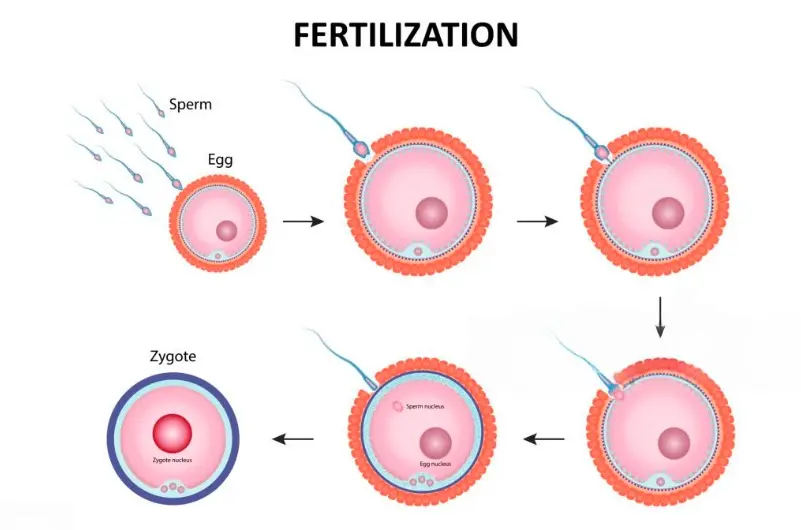
Cell Division
After the zygote is formed, it continues cell division and forms a blastocyst. It contains millions of cells inside it. Blastocyst also has a different outer coating.
Implantation
Now, the final step comes in the process of conception, which is implantation. The blastocyst reaches the uterus and attaches to the uterus lining. This process initiates early pregnancy.
How Does Conception Occur in IVF or Surrogacy?
In Vitro Fertilization (IVF), the fertilization process is carried out outside the body. Therefore, the start of conception in IVF is different. The steps involved in the IVF process are listed below:
Signs of Conception
You will be amazed to know that conception has no specific signs or symptoms. It is because it is only a meeting of cells, which do not affect your body.
However, some individuals experience early pregnancy symptoms after implantation. It is the official start of pregnancy, and the level of hCG hormones rises.
These early pregnancy symptoms include:
- Period missing
- Feeling nausea
- Feeling exhausted
- Changes in breast
How Can You Optimize Your Chances of Conception?
Continuously getting disappointed as your pregnancy test gets negative every time? So, you should take some tips from experts or your doctor that will help to enhance your chances of pregnancy.
However, some of these tips are listed below for your help:
- You should have intercourse more near your ovulation days. As it is your most fertile day when you have maximum chances of getting pregnant.
- You should maintain a healthy lifestyle as it prepares your body for pregnancy and maintains a hormonal level.
- When you are planning for a baby, you should not have hard exercise or running.
- You should also maintain your healthy weight. Being overweight or underweight can reduce your chances of pregnancy.
Conception Vs. Implantation: Finding Difference!
Both conception and implantation are different terms and stages in early pregnancy. However, both are essential, as if conception does not occur, implantation cannot happen and vice versa.
Let’s find out what’s the difference between them.
Conception
I think you already know much about conception, right? Here is only a basic introduction to conception. It occurs when a sperm fertilizes a mature egg after ovulation.
And, as a result of this a zygote is formed. This zygote contains a genetic material which will help to start a new individual.
Implantation
Now comes the most important step after fertilization. Yes! It is implantation. The zygote, which contained genetic material and was of single-cell, now undergoes cell division.
As it travels from the fallopian tube to the uterus, it undergoes cell division and turns into a blastocyst. This blastocyst will embed in the lining of the uterus, and implantation will occur.
This process normally occurs after 8-10 days of conception. As we know, conception has no specific signs, but when implantation happens, women experience some changes.
These signs are listed below:
- Implantation bleeding
- Milf cramps
- Increase basal body temperature
- Mood swings and fatigue
FAQ
Conclusion
If you are planning for a baby, then conception is a must-have step. It is because it is the foundation of pregnancy when an egg is fertilized by male sperm.
The chances of conception are increased during the fertile window of a female. Therefore, it is extremely important to know about the timing, process, and signs of conception to get pregnant. However, many individuals often get confused between conception and fertilization. But both of these are different processes.
After conception, implantation is the most important process, which is the official start of pregnancy. However, if implantation does not occur, then the fertilized egg is removed by the body during periods.
